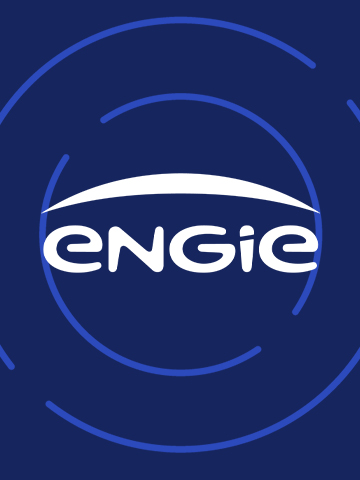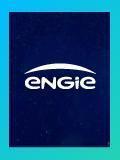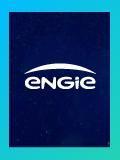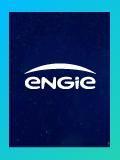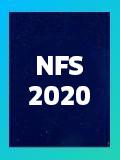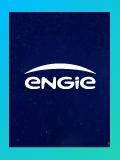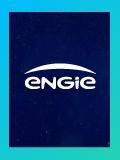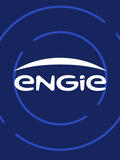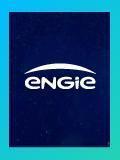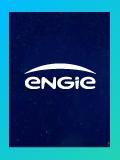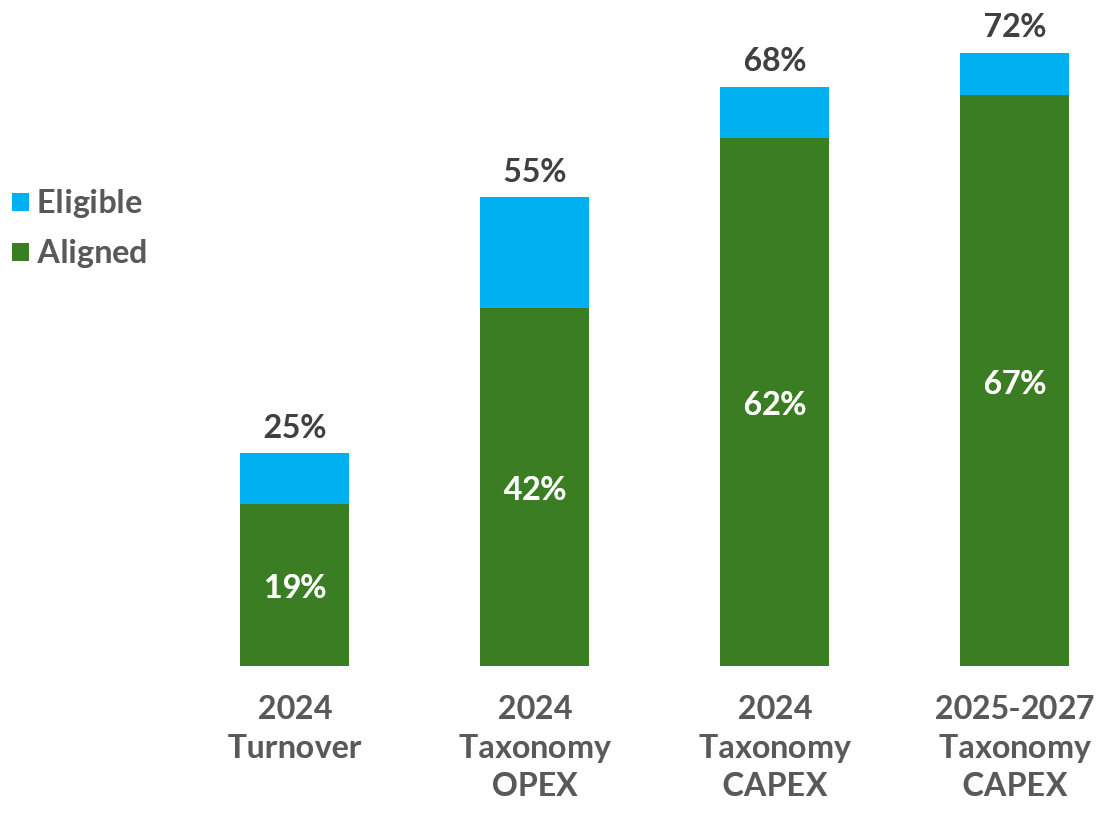
Since the creation of its ESG reporting in 2000, ENGIE has drawn inspiration from the GRI (Global Reporting Initiative) framework to demonstrate the sustainability of its strategy. While its ESG reporting has subsequently evolved with the successive entry into force of French and European regulations, ENGIE has constantly endeavored to make this reporting an operational steering tool to improve its non-financial performance and a communication tool on the most material sustainable development issues.
ESG reporting data is included in ENGIE’s Universal Registration Document, in particular its chapter 3 consisting of its Sustainability Statement and Vigilance Plan, and in the ESG databooks.

